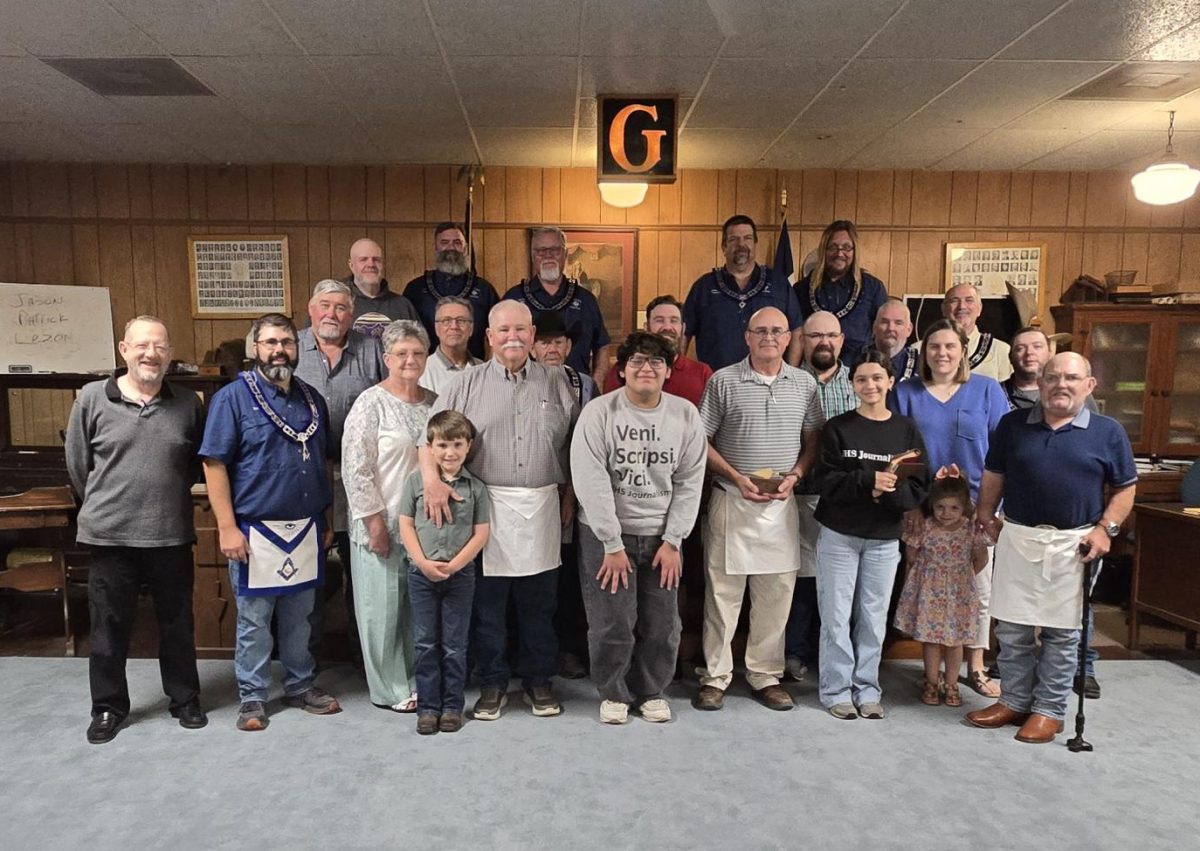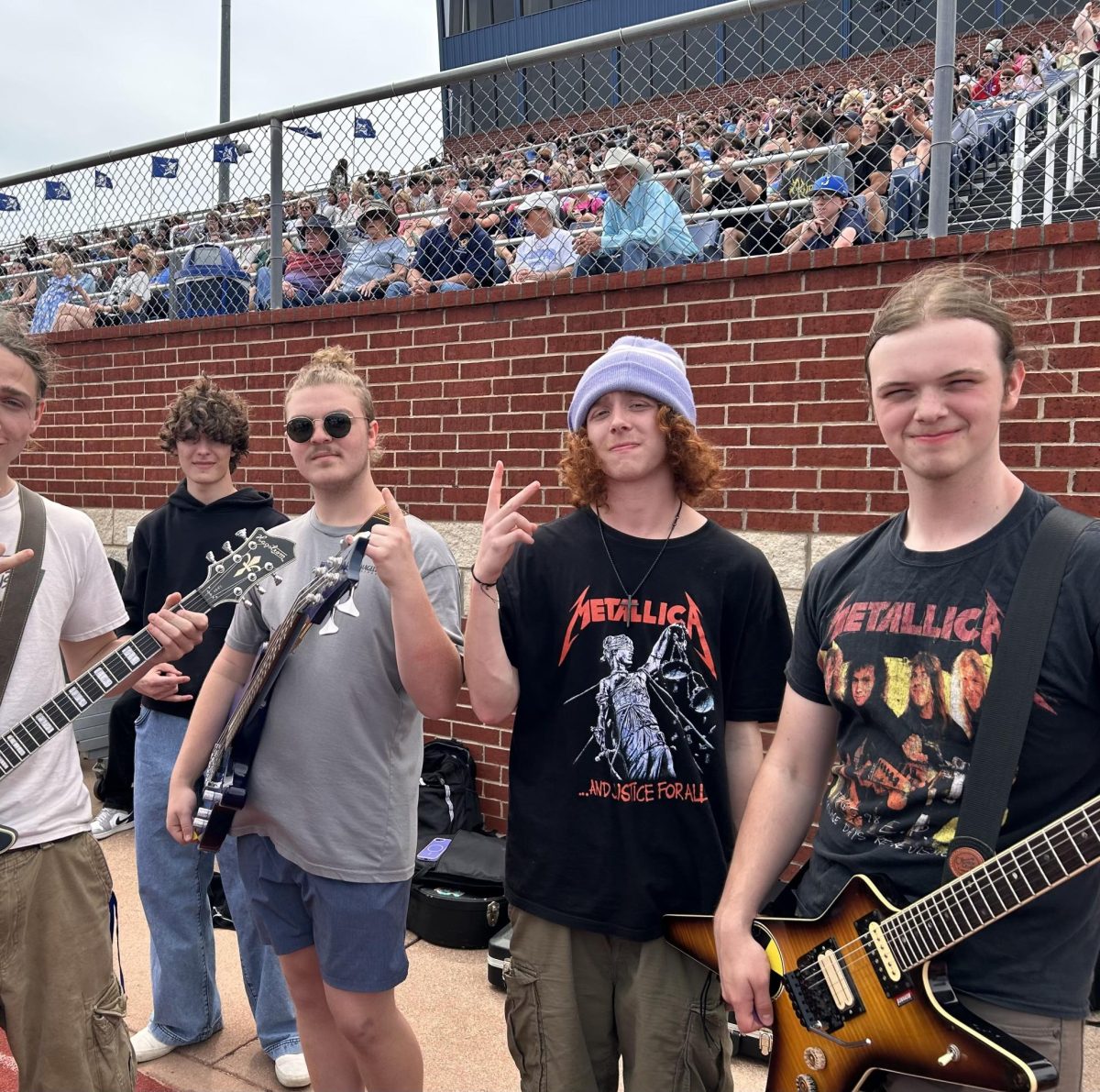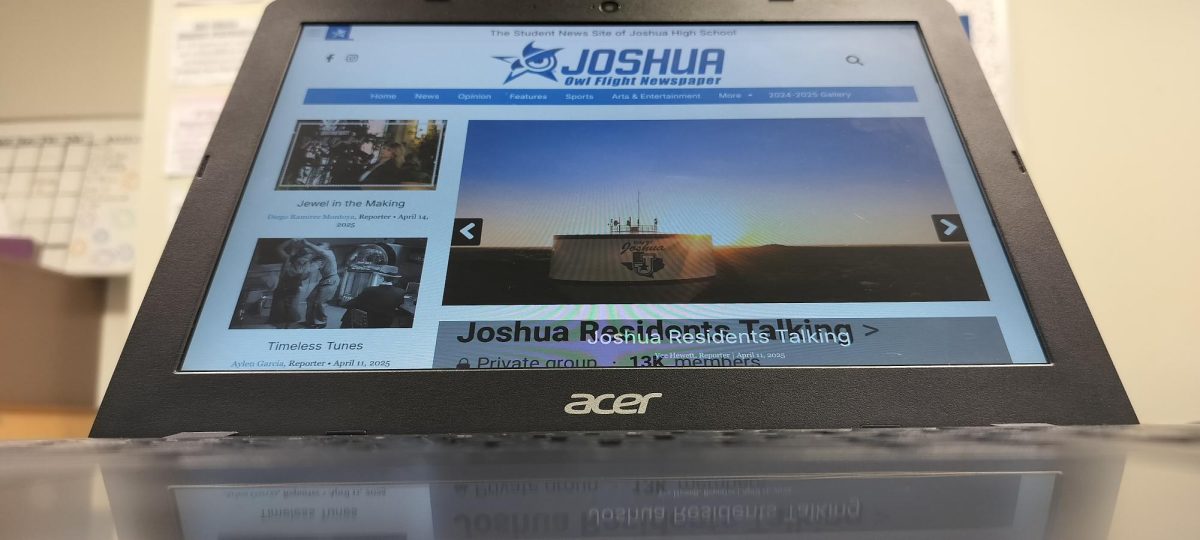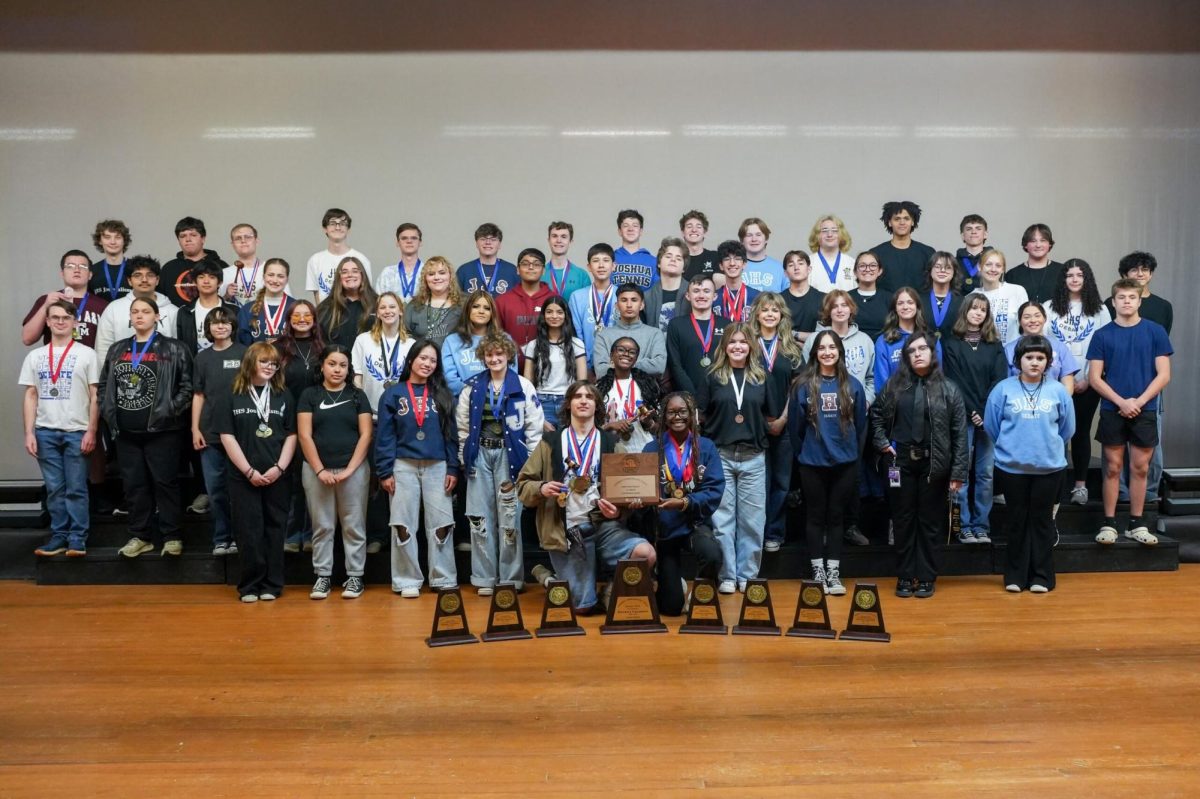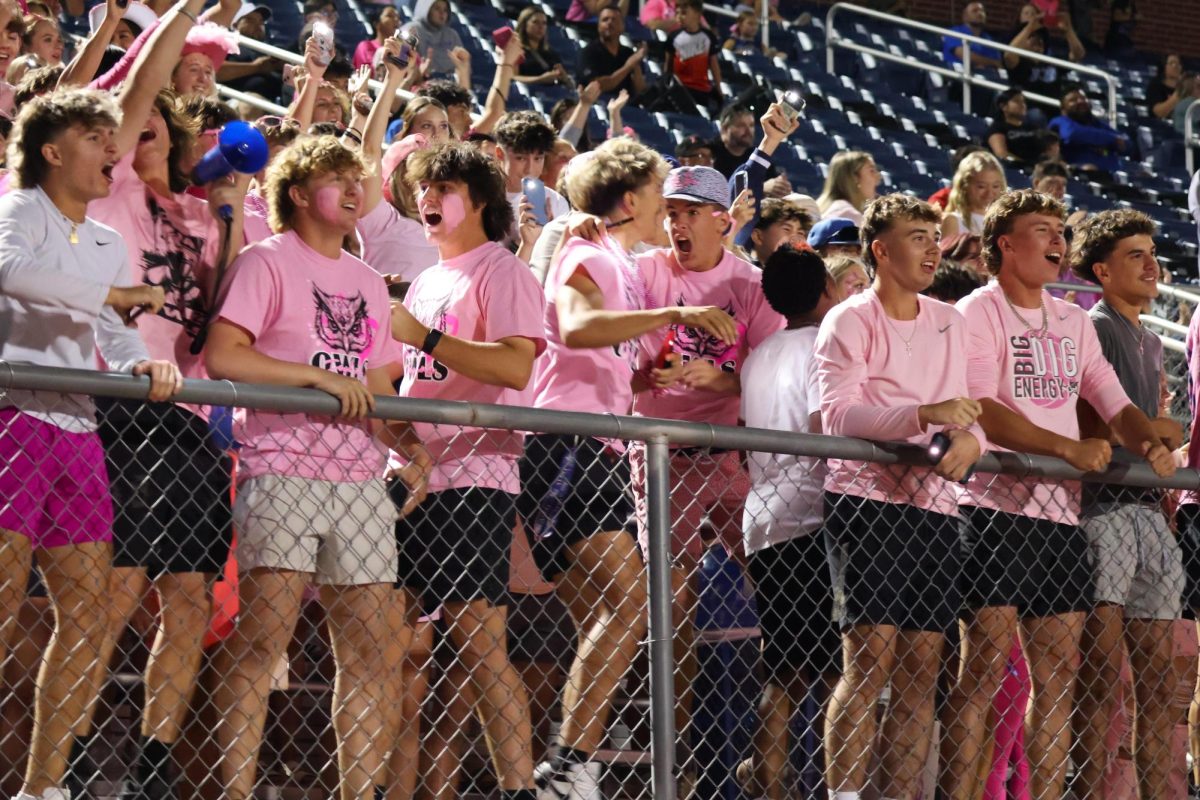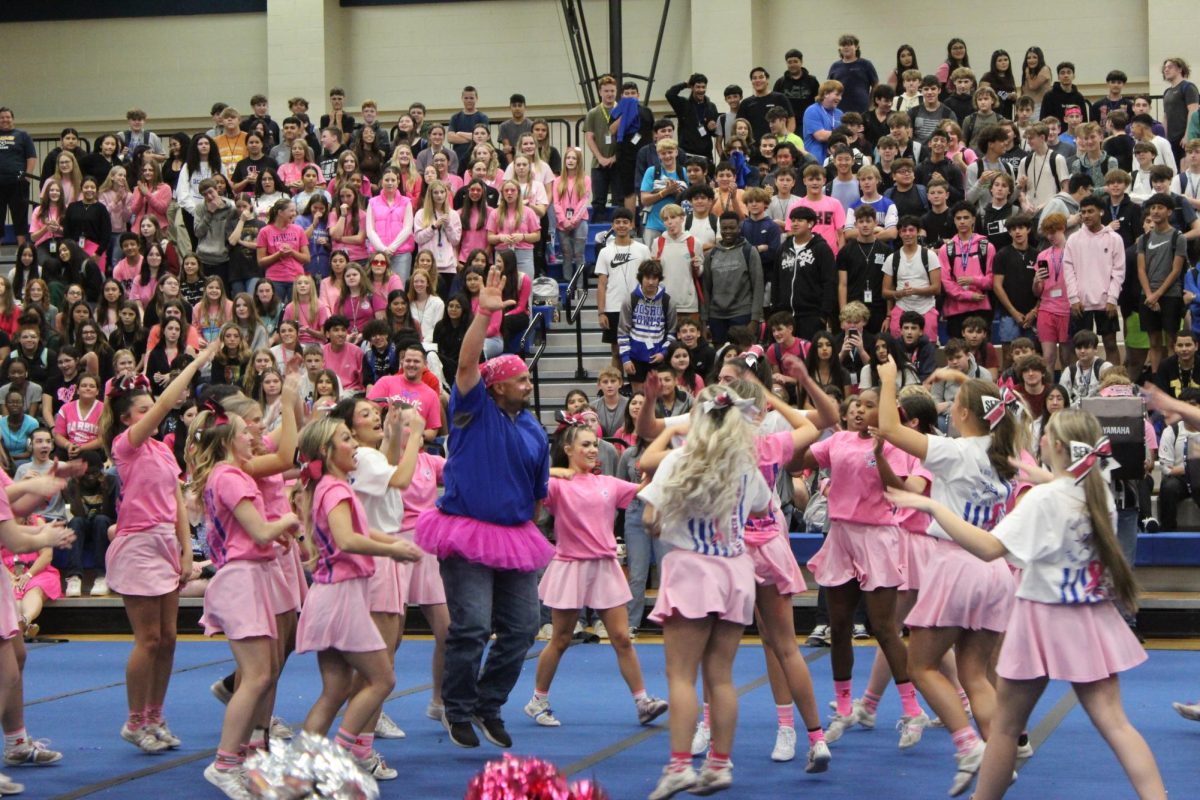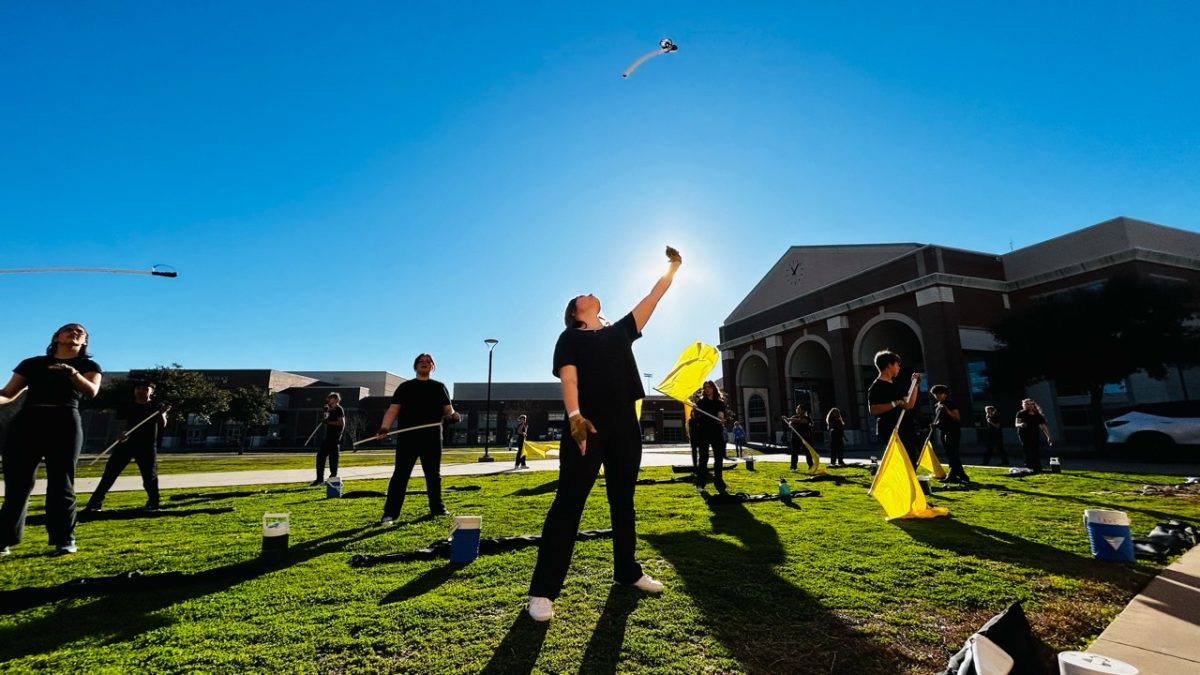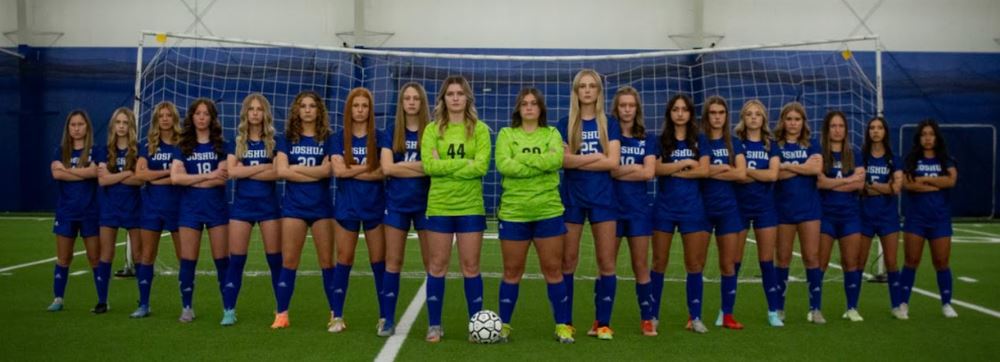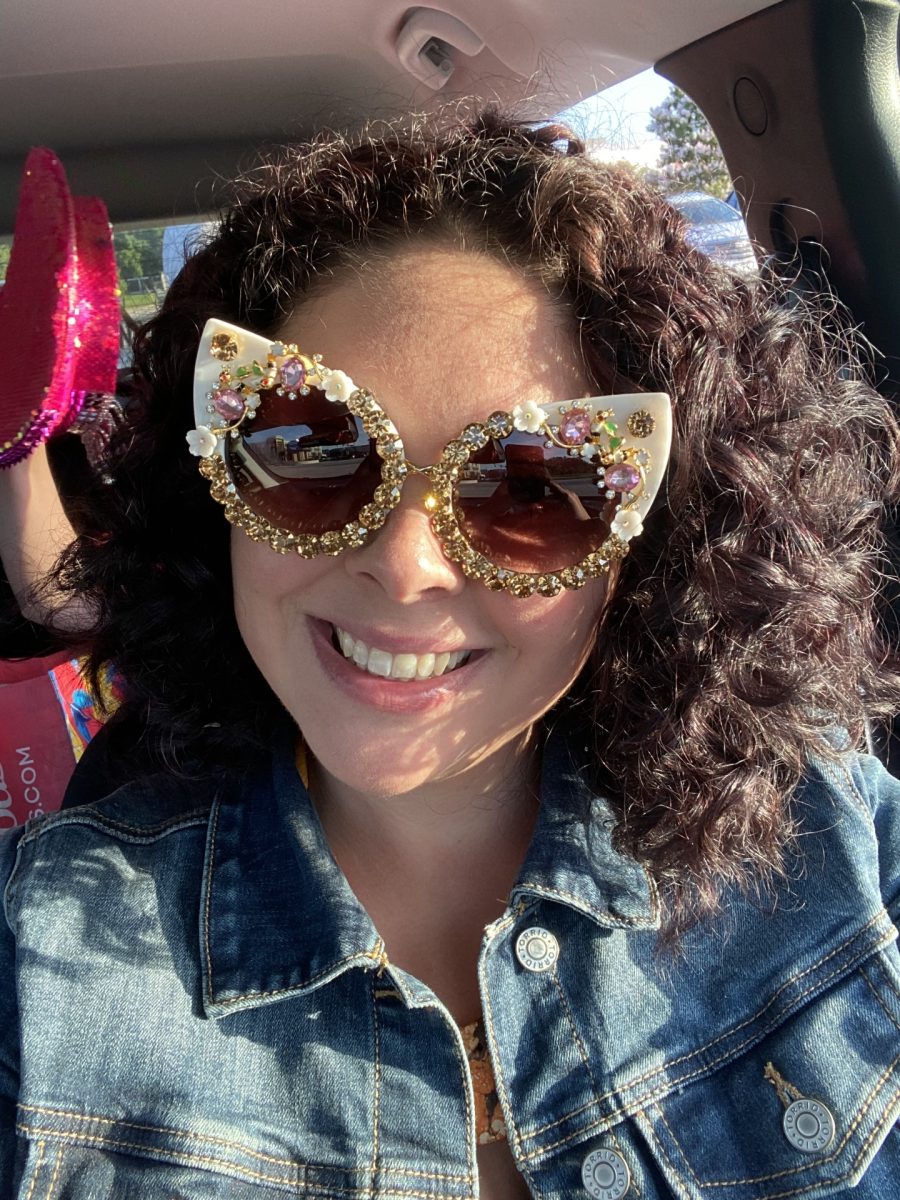Imagine being stuck in a room for eight-and-a-half hours with students who don’t follow rules, and trying to get them to behave and await their punishment. This can go on for days sometimes, and the number of students can range from just one to as many as 45. Handling such a task takes a strong-willed, patient, and kind person—someone like Mrs. Dagher.
ISS (In-School Suspension), also known as OCS (On-Campus Suspension), is a way for kids to be suspended without missing required hours from school. Alex Dagher, formerly an English teacher at Joshua High School, oversees ISS.
“Before working as the ISS teacher at Joshua, I was a Special Education Math teacher,” Dagher said.
Dagher has been all around the U.S, teaching in three other states before teaching here.
“Aside from Texas, I have taught in Washington D.C., Virginia, and New Jersey,” Dagher said.
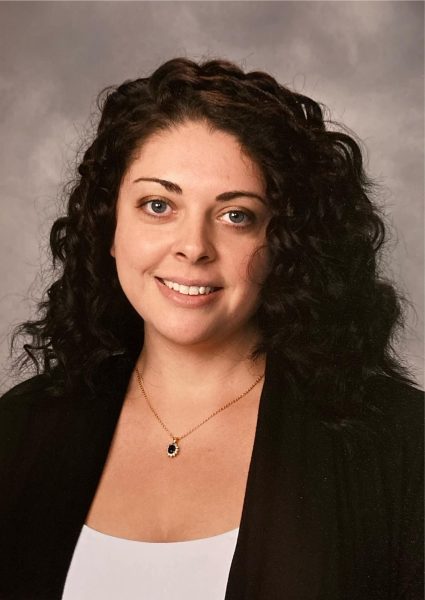
Being in ISS is no joke. It’s supposed to be a substitute for being suspended, so landing in there requires some serious offenses. Though some things that could send a student ISS are not as severe as most things; other issues are horrible, and could ultimately result in different consequences.
“The most serious offense leading to ISS is physical altercations (fighting),” Dagher said. “…Physical fights usually result in a three-day suspension followed by placement in DAEP, but some students are placed in ISS if they are homeless or unable to return home after speaking with their principal. Another severe incident involved a student who earned three days of ISS for bringing a fake/toy gun to school and using it to ‘shoot’ other students and teachers.”
Though most people go there for punishment, some go there to say hello to Mrs. Dagher, or to chill out instead of going to the Positive Behavior Room. Depending on the circumstance, she usually allows it as long as it’s ok with their teachers and the principals.
“In ISS, I encounter a wide range of students,” Dagher said. “Most are troublemakers or students who struggle with responsibility and need guidance or someone to connect with. Others are AP students who have never been to ISS but came to skip a class or two.”
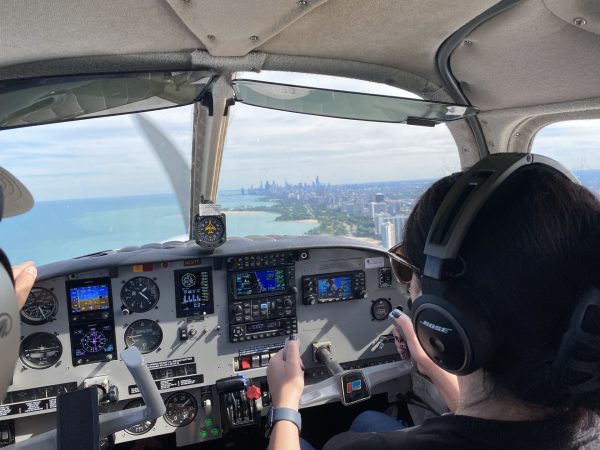 Working at the school has its perks. The teachers work hard to ensure the safety and satisfaction of their students and they all have their favorite parts of their job. Dagher is happy to help with ISS and other things, but there’s one thing she likes above everything else.
Working at the school has its perks. The teachers work hard to ensure the safety and satisfaction of their students and they all have their favorite parts of their job. Dagher is happy to help with ISS and other things, but there’s one thing she likes above everything else.
“My favorite part about teaching at Joshua is the flexibility teachers have and the ability to communicate freely with my co-workers and principals,” Dagher said. “…I love that at Joshua, I can be flexible with my lesson plans, be more relaxed as a teacher, and maintain a good relationship with the principals. I’ve also made friends with a few of the teachers here. Having Mondays off is great too.”
While working here can be a positive thing, not everything is perfect. There’s always a positive and negative side to everything, whether the positive out weighs the negative or not, and being a teacher in general can be tiring.
“My least favorite thing about Joshua is the daily attendance,” Dagher said. “…This is the first year I’ve had to do attendance work, and it’s the first year I’m struggling to connect with the students or even remember their names because my mind is so focused on completing the attendance.”



